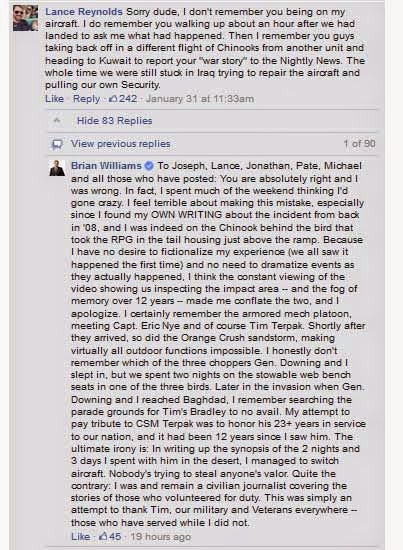 |
| Winnie Mandela at 80. |
Winnie has, simultaneously, captured the world’s imagination and raised the ire of many. She is a complicated survivor of some of the worst times in South Africa’s history. There are numerous biographies about Winnie Mandela, and even more covering the life of her former husband, Nelson Mandela. Many of the works about him reflect prominently or tangentially on Winnie as a wife, mother, supporter of Nelson’s activism, or activist in her own right. A chapter about Winnie was included in the first edition of Nelson Mandela’s autobiography “The Struggle is My Life” (Pathfinder, 1978) but was excluded by the third edition (Pathfinder, 1990) because, as Mandela said, his wife’s work deserved wider treatment than a chapter could provide. In the earlier chapter, Nelson, then serving life on Robben Island, remarked on Winnie’s prison experience stating that she was “magnificently contemptuous of her tormentors” during her incarceration under Section 6 of the Terrorism Act (Mandela, 1978, p. 202).
 |
| Pretoria Central Prison |
 |
| Winnie Exiled to Brandfort, South Africa after release in 1970. |
“In a way during the past two years I felt so close to you. It was the first time we were together in similar surroundings for that length of time. Eating what you were eating and sleeping on what you sleep on gave me that psychological satisfaction of being with you.”
~Winne Mandela in a letter to her husband written on October 26, 1970 shortly after her release.
Letters to and from Winnie and Nelson, correspondence to their daughters, and communication to and from others engaged in the fight for freedom situate Winnie as part of a loving and supportive network beyond the Pretoria Central Prison. Hence, “491 Days” is evidence that the struggle for human rights is a family legacy that will, for generations, characterize the Mandelas. Researchers and students of South African history, Black liberation, and human rights struggles will find this first-hand record of a female’s experience a valuable perspective on the struggle against Apartheid. This work expands our understanding of the complicated life and times of a woman whose later activities cast a shadow on her years of tremendous resilience.
Ohio University Press, Athens, Ohio (2013).




